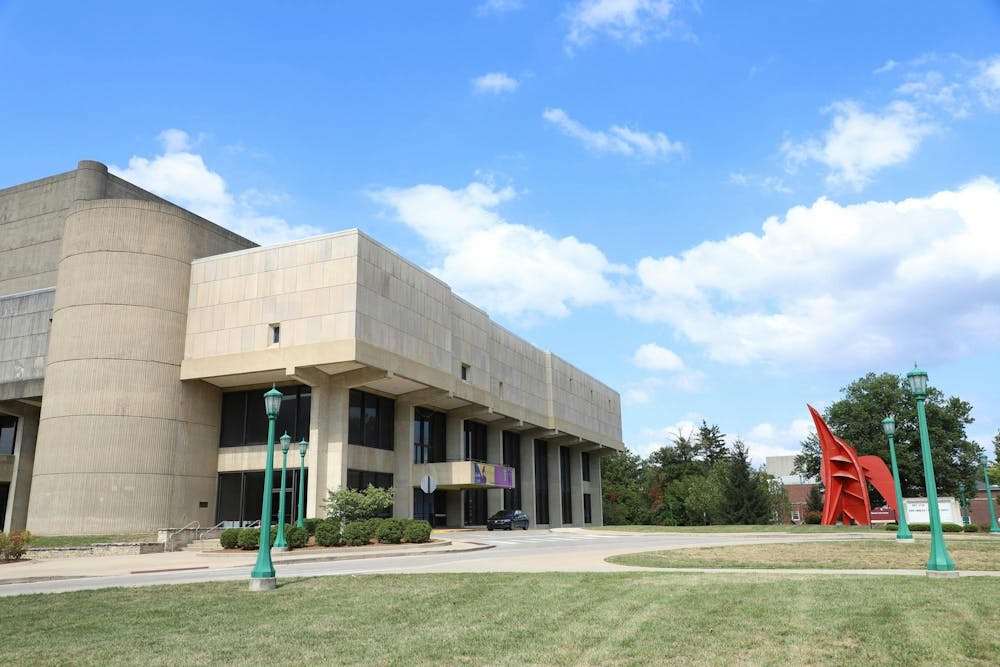In the hands of IU’s musicians, vocalists and creative team, the production of Georges Bizet’s (1838-1875) opera “Carmen” will tell the story of a living, breathing confrontation with power, identity and the cost of choosing freedom. Performances begin at 7:30 p.m. April 18, 19, 25 and 26 at the Musical Arts Center.
The story centers around Carmen, a fiercely independent Roma woman working in a cigarette factory in Seville, Spain. She lives by her own rules, loves on her own terms and won’t be controlled or influenced by any man — a strong idea in Bizet’s time of the mid-19th century when very patriarchal values took heavy precedent. When her refusal to submit clashes with the desires of Don José, a soldier tormented by her actions and his feelings for her, the consequences are fatal.
When “Carmen” premiered in 1875, it unsettled audiences with its realism and its refusal to conform to operatic convention. Bizet, just 36 at the time, wouldn’t live to see its eventual acclaim — but he sensed its importance. “I have absolute certainty of having found my path,” he wrote, days before his untimely death in 1875.
Carmen’s story and message contains dark layers in its depiction of violence, patriarchy and complicity.
The chorus in “Carmen” doesn’t just fill space, it frames it, often acting as the moral landscape of the story, setting the backdrop for scenes and narratives happening in the plot. Niccolo Miles, an IU senior and member of the chorus, reflected on the dynamic of the chorus, preparing the music and working with the director, Keturah Stickann.
“This is such a beloved opera and pivotal work for an aspiring singer — largely due to the inward reflections and interjections of the chorus being so innately human,” Miles said. “The soldiers’ ‘people watching’ song at the top of the opera, or the bystander effect when the whole chorus witnesses Don José being quite horrible with Carmen, yet no one seems able to intervene.”
Familiar themes and pieces in the show like the “Habanera” and “Toreador Song” are not simply musical high points; they’re turning points in societal character and culture.
“Staging and performing such a well-beloved opera such as ‘Carmen’ takes a lot of creativity and awareness,” Hila Dahari, first year master of music student and violinist in the orchestra said. “Allowing space for new interpretations and expression is crucial.”
Audiences are also invited to attend the Opera Insights Lecture at 6:30 p.m. before each performance in the North Lobby of the MAC. These sessions offer space for deeper discussion about the production’s choices and the historical and contemporary lenses through which “Carmen” can be understood.
Student tickets are $10 and other ticket pricings vary. Tickets can be found and purchased on the Jacobs School of Music website.




